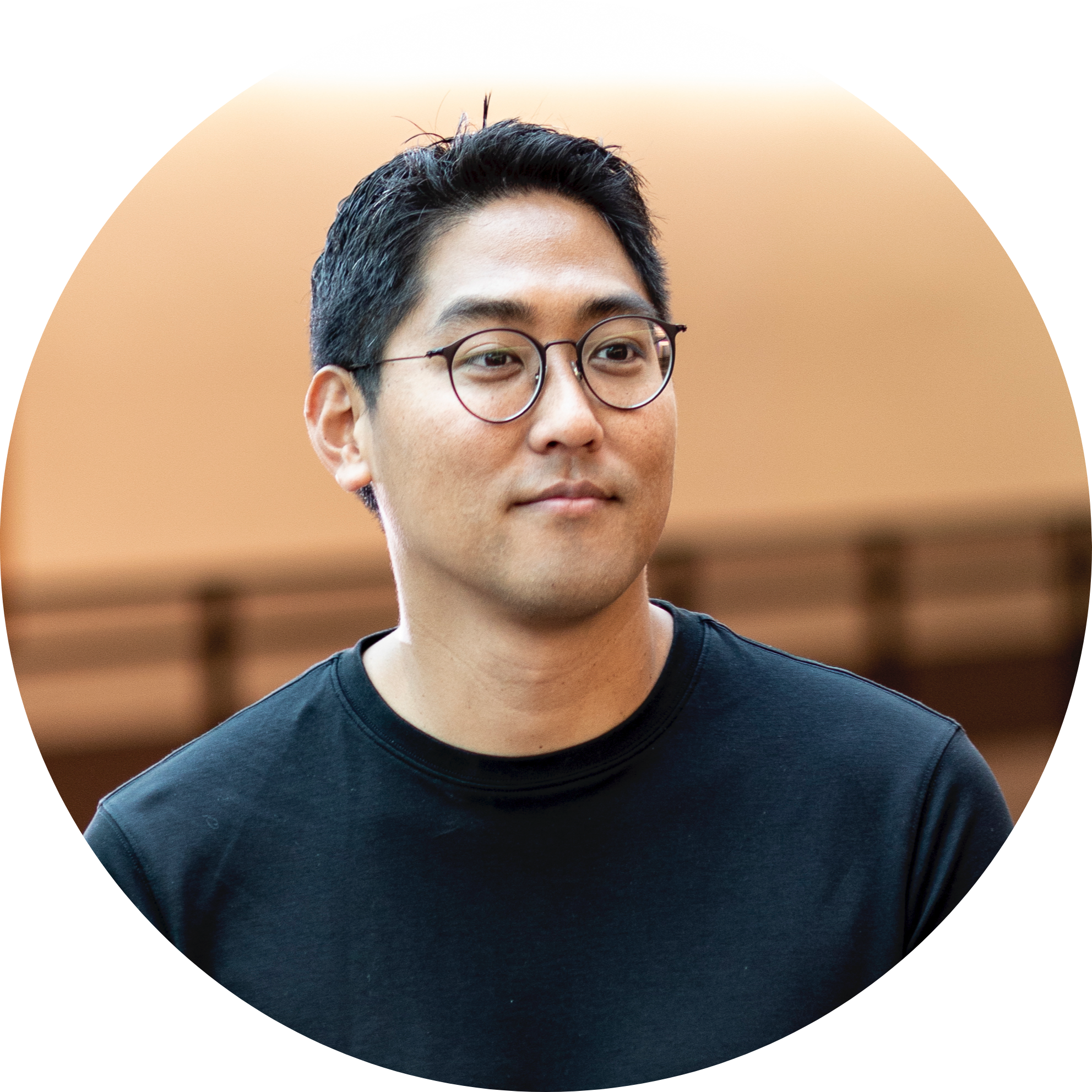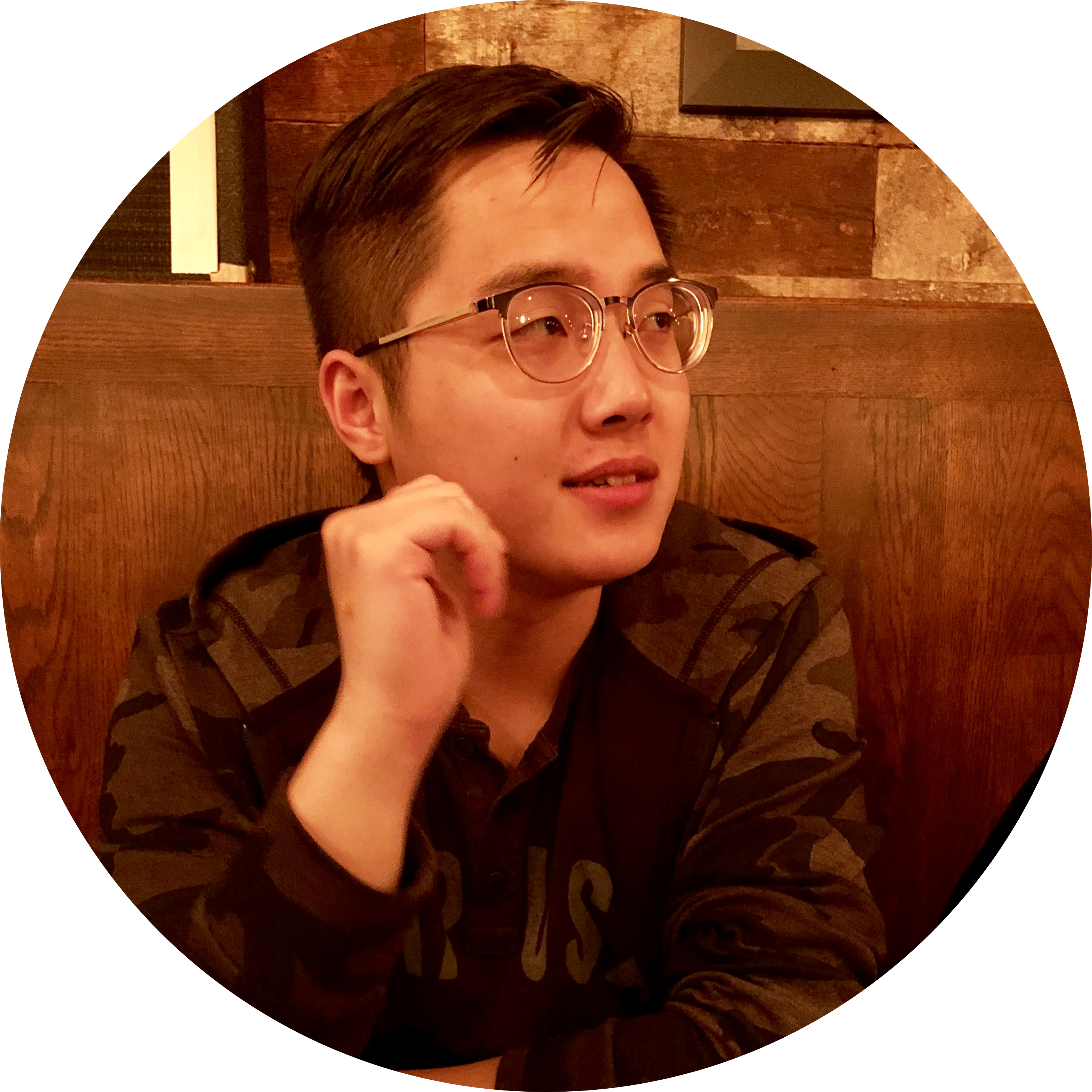Security and Privacy
2-5 PM, February 15, CSL B02
Welcome to the dynamic world of Security and Privacy in our student session! In an era where digital interactions and technological advancements abound, security and privacy have never been more crucial. Our session aims to illuminate the fundamental concepts underpinning these domains, exploring the intricate balance required to safeguard data, protect identities, and uphold individual rights in a digitally connected world. Through this session, participants will gain insights into the evolving landscape of cybersecurity, privacy frameworks, ethical considerations, and proactive measures needed to fortify digital ecosystems. Join us to delve into this paramount realm, where knowledge and action converge to shape a safer, more secure digital future for all.
Keynote Speaker – Dr Sewoong Oh, University of Washington

“Private Fine-Tuning of Language Models without Backpropagation“
Time: 2-2:50 PM, February 15
Abstract: Recent advances in training large language models (LLMs) with privacy reveal interesting phenomena that are distinct for private optimization. One prominent observation is that the fine-tuning landscape of LLMs exhibits low-dimensional structures. We exploit this to design a novel memory-efficient private optimization method, which we call DPZero, that bypasses memory-heavy backpropagation and only uses forward passes. On fine-tuning a RoBERTa model with 355M parameters on text classification tasks, we get 8x gain in memory with little loss in the performance. Our theoretical analysis explains how DPZero benefits from low-dimensional structures to achieve a dimension independent guarantee. This is based on a joint work (arxiv.org/abs/2310.09639) with Liang Zhang, Kiran Koshy Thekumparampil, and Niao He.
Biography: Sewoong Oh is a Professor at the Paul G. Allen School of Computer Science & Engineering at the University of Washington. Previous to joining the University of Washington in 2019, he was at the Department of Industrial and Enterprise Systems Engineering at the University of Illinois at Urbana-Champaign since 2012. He received his PhD from the Department of Electrical Engineering at Stanford University in 2011, under the supervision of Andrea Montanari. Following his PhD, he worked as a postdoctoral researcher at the Laboratory for Information and Decision Systems (LIDS) at MIT, under the supervision of Devavrat Shah. Sewoong’s research interest is in the foundations of machine learning in topics including differential privacy, secure and robust machine learning, and federated learning. He was co-awarded the ACM SIGMETRICS Best Paper Award in 2015, the NSF CAREER Award in 2016, ACM SIGMETRICS Rising Star Award in 2017, and the GOOGLE Faculty Research Awards in 2017 and 2020.
Keynote Speaker Q&A: 2:50-3 PM, February 15
Invited Student Speaker – Hanshen Xiao, Massachusetts Institute of Technology

“Learning Privacy and Private Learning – Automatic Privacy Proof of Black-box Processing“
Time: 3:05-3:45 PM, February 15
Abstract: Can we automatically and provably quantify the information leakage from a black-box processing? In this talk, a new framework, termed PAC Privacy, will be introduced to “learn” semantic privacy parameters with high-level confidence. I will unveil a set of new information-theoretical tools to transform abstract adversarial inference challenges into quantifiable measures, allowing for provable estimations by end-to-end black-box evaluations. I will establish a more holistic statistical view through PAC Privacy to provide a cohesive interpretation for various classic privacy-preserving technologies, encompassing input-independent indistinguishability, such as Differential Privacy (DP), and empirical verification and auditing, as seen in Membership Inference Attack (MIA). On the practice side, I will demonstrate the strength of PAC Privacy both in tight utility-privacy tradeoffs and wide applicability, including how to determine the optimal noise in PAC Privacy to avoid the curse of dimensionality and make private high-dimensional data processing practical. In addition, via black-box analysis, I will show how to apply PAC Privacy to produce formal privacy proofs for a wide range of algorithms varying from long-standing heuristic data obfuscations to deep learning.
Biography: Hanshen Xiao is a final-year PhD student in MIT, advised by Srini Devadas. His research interests lie at the intersection of the fundamentals of information security and privacy, robust statistics and applied cryptography. He received the B.S. degree in Mathematics from Tsinghua University and is the recipient of several awards, including Mathwork Fellowship (2021-2023) and Tsinghua Future Scholar Fellowship (2015-2017). His work has also been supported by DSTA Singapore, Capital One and Cisco.
Invited Student Speaker Q&A: 3:45-3:55 PM, February 15
Student Speakers
Time: 4-5 PM, February 15
Ian George
“A Security Proof Method for Product-State Discrimination Quantum Position Verification Protocols”
Rutvik Choudhary
“Declassiflow: A Static Analysis for Modeling Non-Speculative Knowledge to Relax Speculative Execution Security Measures”
Anwesh Bhattacharya
“Secure Training of Neural Networks with Floating-Point MPC“
Saion Roy
“GPLeak: Software Power Side Channel Leakage from GPUs“